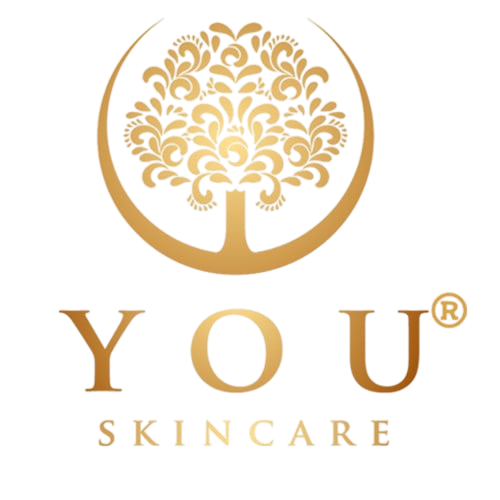January 14, 2025
Skin health is not merely skin deep; it reflects the intricate interplay between biological processes, environmental factors, and daily habits. Among the most critical components for youthful, resilient skin are collagen and elastin, structural proteins that provide strength, elasticity, and hydration. These vital elements are influenced by factors such as aging, diet, and lifestyle, which underscores the importance of adopting a holistic approach to skincare.
In this article, we will explore the science behind collagen and elastin, their role in skin health, the effects of aging and glycation, and practical strategies to support skin rejuvenation. Drawing from credible dermatological insights, you’ll discover actionable steps to maintain glowing, healthy skin.
Collagen: The Building Block of Skin
Collagen is the most abundant protein in the human body and the backbone of the skin's dermis layer. Its triple-helix structure imparts durability and resilience, allowing skin to maintain its firmness. Collagen production is mediated by fibroblasts, which rely on nutrients such as Vitamin C, iron, and lysine to synthesize this essential protein.
Key types of collagen in the dermis include:
Unfortunately, factors such as aging, sun exposure, and glycation reduce collagen's quantity and quality, leading to wrinkles, sagging, and thinner skin.
Elastin: The Secret to Youthful Elasticity
While collagen offers strength, elastin is the protein that ensures skin retains its shape after stretching. Elastin fibers form a complex network with glycoproteins like fibrillin to maintain skin's flexibility. However, elastin production diminishes after the early neonatal period, leaving adult skin vulnerable to signs of aging.
Photodamage from ultraviolet (UV) rays accelerates elastin degradation, creating a hallmark of photoaged skin known as elastosis. This condition reduces skin's ability to bounce back, making wrinkles and laxity more apparent.
The Role of Advanced Glycation End Products (AGEs)
Glycation, a non-enzymatic reaction where sugar molecules bind to proteins like collagen and elastin, contributes significantly to skin aging. This process results in the formation of AGEs, which stiffen collagen fibers, impairing their ability to contract and remodel. AGEs are also exacerbated by UV exposure, leading to oxidative stress and further degradation of skin proteins. Managing blood sugar levels and reducing UV exposure are key to mitigating glycation’s effects.
Nutrition and Lifestyle: The Cornerstones of Skin Health
Diet plays a pivotal role in supporting skin’s structural integrity. Incorporating nutrients that bolster collagen and elastin production can transform skin from within:
Beyond nutrition, habits such as staying hydrated, using sunscreen, and adopting a consistent skincare routine are equally crucial.
Promising Advances in Skin Science
Innovative treatments targeting collagen and elastin regeneration are emerging in dermatology:
Additionally, zinc-based formulations are showing promise in improving skin elasticity and firmness, particularly around delicate areas like the eyes.
The YOU Skincare Solution: A Commitment to Holistic Beauty
At YOU Skincare, we believe that clear, healthy skin is achievable through a fusion of science, nutrition, and care. Our products are designed to nourish the dermis, enhance hydration, and protect against environmental stressors. Start your journey to radiant skin with our Clarifying Glow Serum, formulated to optimize your natural beauty.
Explore our full range of skincare solutions at www.youskincare.us and discover guides to help you achieve your healthiest skin yet. Let’s transform your skin story together!
Comments will be approved before showing up.
April 07, 2025
Many of us dream of having bright, radiant skin that glows with health. Skin brightening treatments have become increasingly popular as they help reduce dark spots, even out skin tone, and restore a youthful appearance. Modern skin brightening treatments work by targeting melanin production, removing dead skin cells, and promoting cell turnover to reveal fresher, more luminous skin underneath.
January 28, 2025
Finding the right face mask for sensitive skin can be tricky. Many masks contain strong ingredients that may irritate delicate skin. But don't worry - there are great options out there.
January 27, 2025
Oily skin can be tricky to manage, but hyaluronic acid might be the secret weapon you've been looking for. This powerful skincare ingredient is known for its ability to hydrate and plump the skin. You might think adding moisture to oily skin is counterintuitive, but it's actually quite beneficial.
